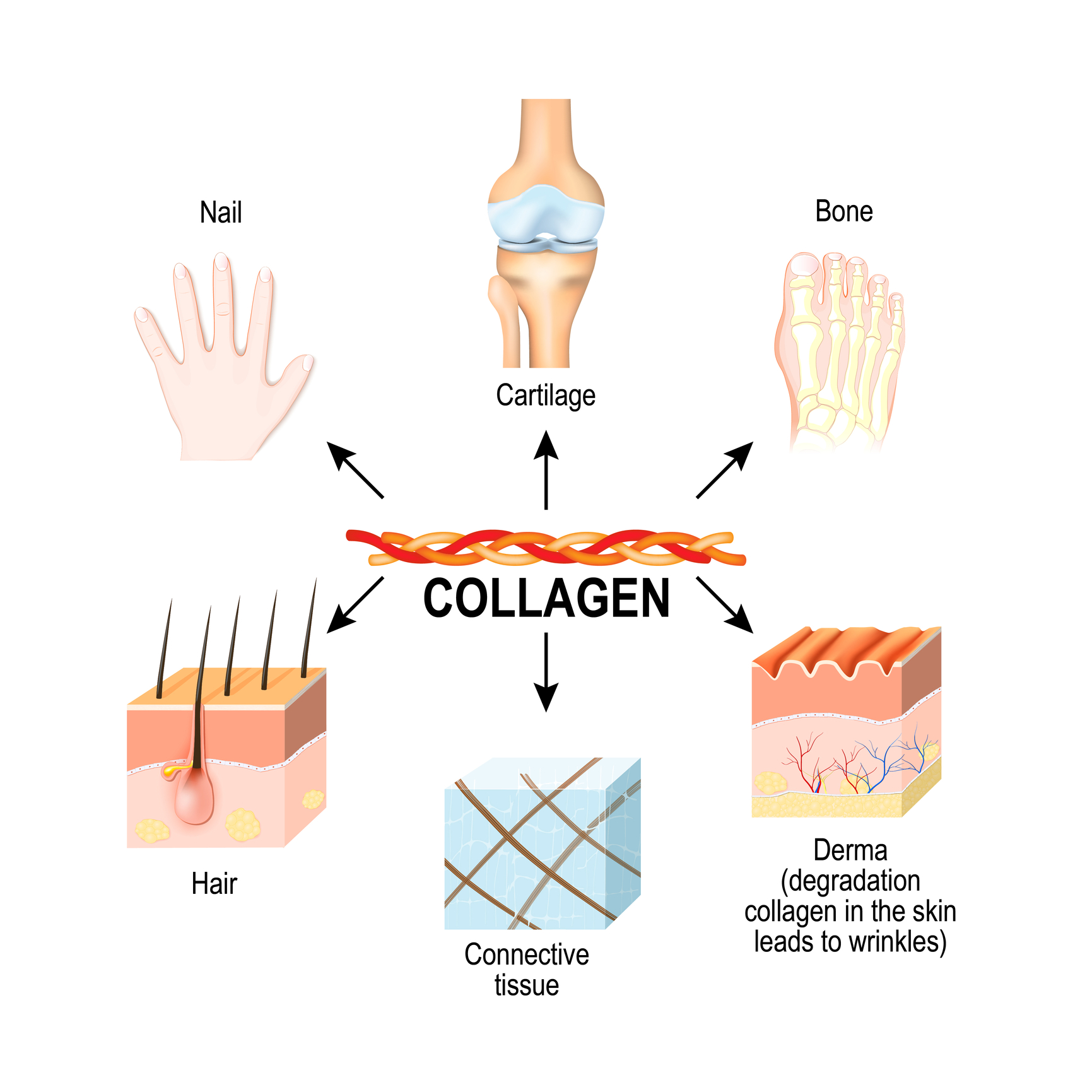Best Time to Take Collagen in 2025 (Backed by Science)
Find out the best time collagen can be consumed to boost your overall health and support skin and joint benefits.
Functional imaging has transformed our understanding of how diet influences health by allowing researchers to observe metabolic processes, neural activity, and organ function in real time. Techniques such as positron emission tomography (PET), functional magnetic resonance imaging (fMRI), and single-photon emission computed tomography (SPECT) have provided valuable insights into the ways dietary choices impact brain function, metabolic efficiency, and disease development.
Functional Imaging and Metabolism
Diet plays a crucial role in metabolic health, affecting glucose uptake, fat metabolism, and overall energy balance. PET imaging, which tracks radiolabelled glucose molecules, has been widely used to study how different diets influence glucose metabolism. For example, PET scans have shown that individuals on high-fat, low-carbohydrate ketogenic diets exhibit a shift in brain energy use, relying more on ketone bodies than glucose. This shift has been linked to improved cognitive function in some neurological conditions, such as epilepsy and Alzheimer’s disease.
Additionally, functional imaging has highlighted how obesity and metabolic disorders alter brain responses to food. fMRI studies indicate that individuals with obesity often show increased activation in reward-related brain regions when exposed to high-calorie foods, potentially explaining cravings and overeating behaviours. Such insights can inform dietary interventions aimed at promoting healthier eating habits.
The Gut-Brain Connection
Functional imaging has also provided evidence of the gut-brain axis’s role in dietary health. The gut microbiome produces neurotransmitters and metabolites that influence brain function, and fMRI studies have revealed that diet-driven changes in gut bacteria can impact mood and cognition. For instance, diets rich in fibre and fermented foods, which promote beneficial gut bacteria, have been associated with reduced stress and improved mental clarity. In contrast, high-sugar and processed food diets have been linked to increased inflammation and impaired cognitive function.
Emerging PET studies have also explored how diet influences neuroinflammation, a factor in conditions such as depression and neurodegenerative diseases. Certain dietary patterns, such as the Mediterranean diet, appear to reduce inflammation in the brain, which may contribute to their protective effects against cognitive decline.
Imaging Dietary Effects on Chronic Disease
Functional imaging has been instrumental in studying the impact of diet on chronic diseases such as diabetes, cardiovascular disease, and cancer. For example, PET and SPECT imaging have demonstrated how dietary modifications can affect blood flow and oxidative stress in cardiovascular patients. Meanwhile, fMRI studies have shown that insulin resistance, often linked to poor diet, alters brain function and increases the risk of neurodegeneration.
By providing a direct visualisation of how diet influences bodily processes, functional imaging is shaping personalised nutrition strategies, allowing for targeted dietary recommendations that promote long-term health. As imaging technologies advance, they will continue to deepen our understanding of the complex relationship between diet and physiology.
home » Functional Imaging and Diet
Find out the best time collagen can be consumed to boost your overall health and support skin and joint benefits.
Explore how proprietary blend in supplements can impact your health and well-being. Learn what to look for on labels.

